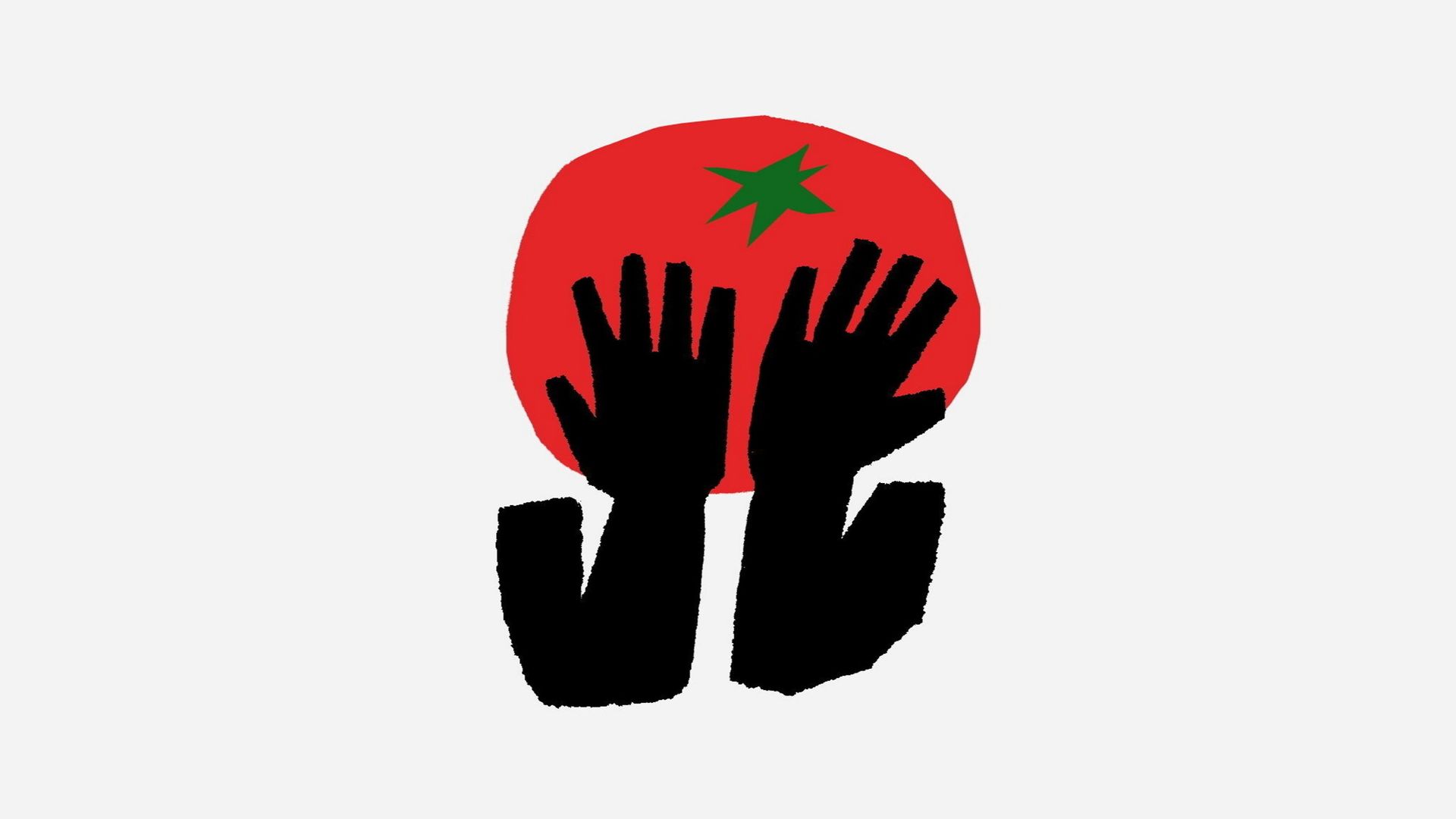
I was about five minutes into a lovely chat with a man backstage at an event recently, when I casually asked him: “So what do you do then?” As he humbly explained that he tends to do things “on stage and stuff”, I suddenly realised, to my horror, that I was talking to a very famous actor. But no sooner had I started to turn scarlet and to say things like, “Oh, I knew I recognised you,” (a lie) than the actor had lost his grip on the mini-cake he was trying to lift to his mouth, launching it into the air. It smooshed on to the floor, iced side down. “Oh God,” he muttered.
最近在一个活动的后台,我和一个男人愉快地聊了大约五分钟,我随口问他:“那你是做什么的呢?”当他谦虚地解释说他经常在“舞台上之类的地方”表演时,我突然惊恐地意识到,我正在和一个非常有名的演员交谈。就在我开始脸红并说“哦,我就知道我认出你了”(其实是谎言)的时候,这位演员失去了对他试图送入嘴里的迷你蛋糕的控制,把它抛向了空中。蛋糕糖霜朝下掉在了地板上。“哦天啊,”他嘟囔道。
After I fetched him another one, I started telling him about the many other embarrassing things that had happened to me that day (there had been several). As we exchanged anecdotes, I began to notice a peculiar phenomenon: none of the things we were embarrassed about had caused suffering to anyone else. Quite the opposite, in fact. This actor probably quite enjoyed speaking to someone who, for once, didn’t know who he was; I was certainly relieved about having the attention snatched away from me in such theatrical fashion by an uncooperative mini-cake.
在我给他拿来另一个蛋糕后,我开始告诉他那天发生在我身上的许多其他尴尬事情(确实有好几件)。当我们交换趣闻轶事时,我开始注意到一个奇特的现象:我们感到尴尬的事情中没有一件给他人带来了痛苦。事实上,恰恰相反。这位演员可能非常喜欢与一个不知道他是谁的人交谈;而我则对这个不合作的迷你蛋糕以如此戏剧化的方式抢走了我的注意力感到宽慰。